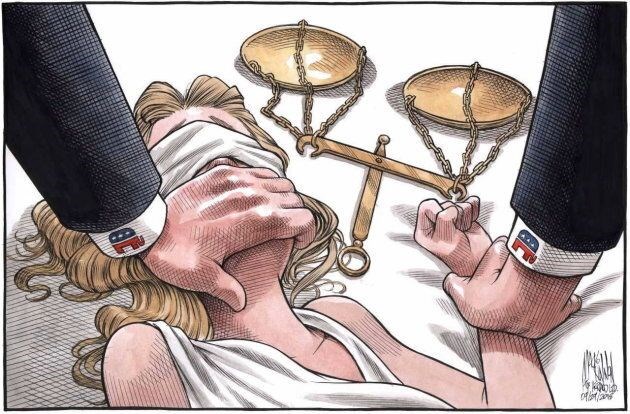Sharon: I was raped today.
Mara: Oh Sharon! What happened? Did you wear this? What did you expect? It’s all your fault, you went alone to visit him and you wore this little pair of shorts. You asked for it!!
Rape Victims' Victimization
OVER the years, especially since the beginning of this year, there has been an upsurge in the number of rape cases, sexual molestation, sexual assaults, and even pedophilic reported cases in Nigeria. This is not to say that there were never rape cases before now, but that more cases are being reported and rape victims have summoned the courage to take that bold big step in coming out to speak about their horrifying experiences.
The Lagos State Police Command recorded 678 rape cases between March 2012 and March 2013. A research carried out by Tade and Udechukwu revealed that about 331 rape cases have been analyzed in 2020 alone. The rapists were found to be of the age group 18-55 years. The victims’ age has been reported to be between 6 months old and 20 years. Rape victims were mostly females (>90%) compared to males. Most of the rapists are labelled as familiar foes meaning fathers, relatives, or neighbours. Third-party guardianship is mentioned as predatory.
Sexual violence against women and children is a sad reality, yet common in Nigeria and other parts of Africa. Despite the statistics recorded above, it is quite unfortunate that few rapists are convicted while many cases are withdrawn. Cultural barriers, stigmatization, fear of oppression, victimization, religious sentiments and social class of the victims stop them from seeking justice. It has then led many rapists to go unpunished, living free and gallivanting about in pursuit of other prey. Some of these suspected rapists have turned to blackmail their victims, threatening them with death and promising to inflict pain on the victims. Rape is still very much a heinous crime that is punishable by the law. However, some victims do not get the deserved justice because they either report the cases many years later or when it’s late and there are no pieces of evidence available to put the perpetrators behind the bar.
While the media continues to play a major role in tracking rape cases, they are as well guilty of re-victimization of the victims; especially newspapers, blogs, and social media where rape incidents are misrepresented, framed and the veracity of the crime are questioned. This then posits the following questions; does the choice of words used in writing stories on rape re-victimize the victims? Does the stigma of being attacked or blamed by social media critiques hinder the victim from reporting their rape experience to the police and other legal authorities? Or could the fear of police extortion and lack of trust in the legal system be another form of re-victimization on the victim's part?
On June 16, 2020, a woman in Abia State proceeded to the police station to report that her 6-year-old daughter had been raped. Instead of taking down a statement or devising means to arrest the alleged rapist, the police tried to extort money from the woman; they refused to take her statement or go out to arrest the alleged rapist. The video of the woman crying got on social media and there were lots of backlashes; “what was she doing? Why was her child raped? Who did she leave the child with and where was she all the while when her daughter was being raped?”
Such questions make it evident why rape victims would prefer to remain silent rather than get eaten by the maws and paws of the internet. In 2019 there was a similar case of some workers who accused some police officers of raping them. In fact, in June 2020 many rape cases were recorded in Nigeria some of which led to the death of the victims; this caused an uproar on social media, and hashtags such as #SayNotoRape, #StopRapingWomen and #WeAreTired were trending.
A young lady, Seyitan Babatayo on June 6, 2020, also came to Twitter to call out a popular Nigerian artiste for allegedly raping her in 2018. The tweet went viral, but the love for the music icon got a lot of fans and media gurus questioning the victim. She filed a petition but was scorned and viciously attacked for this. Weeks later, she got arrested, was detained, and assaulted by the alleged popular musician and his management. Her phones were seized and she was denied access to a lawyer or legal team. This then led to the victim sending in a withdrawal petition on July 17, 2020.
Another story is that of my friend Susan (pseudo name); three hefty men broke into Susan’s hostel in 2019 during her service (NYSC) year, they took turns in raping her, took photos of her naked body, and promised to come back for her if she reported the crime. She reported the case six months later and the police mocked her saying she enjoyed the act and if she did not, she probably would have reported the crime earlier.
With the level of oppression, stigma, backlash, unproductive investigations by the police, framing, and misrepresentation by the media, it is safe to conclude that many rape victims are threatened and victimized and this will discourage other rape victims from speaking up or reporting rape. I strongly advocate for a secure and safe environment for victims of rape, a remedial practice to abolish injustice, and rigorous therapy to help eliminate mental imbalance.

